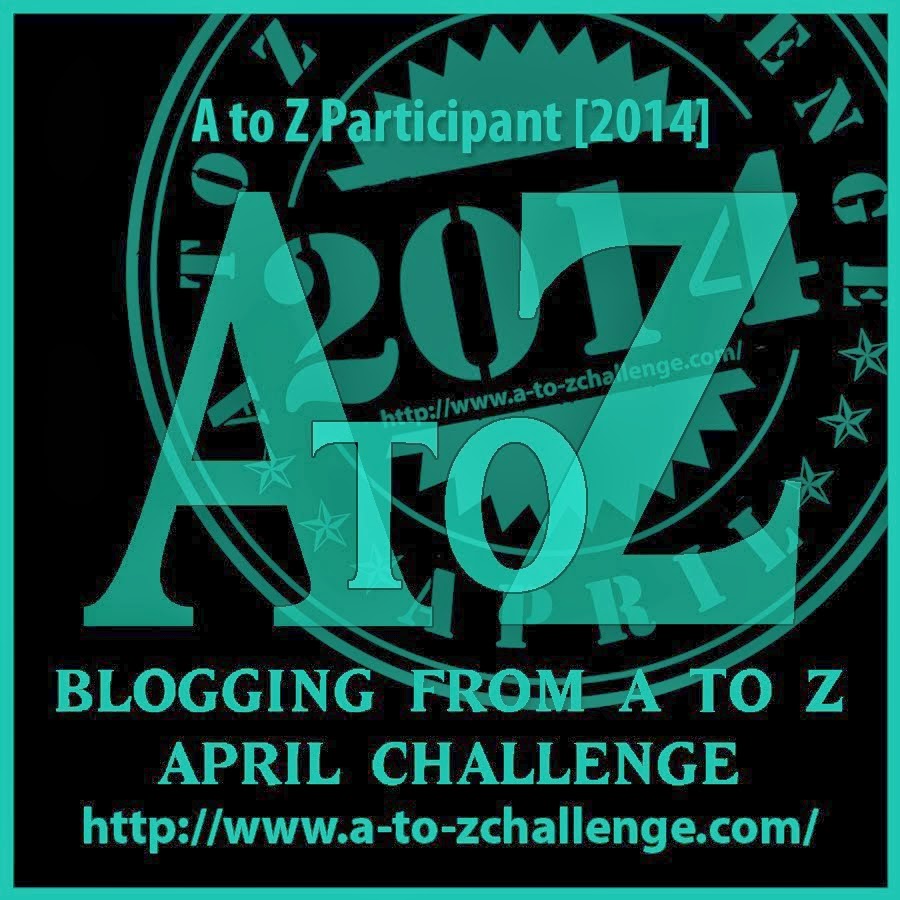1. Don’t gloss over solutions: In one of my novels, my female lead is abducted. The men who commit the crime are eventually caught, but I forgot to mention how the police tied that crime to the heroine’s uncle, except to say that he knew his accomplices would rat on him to save themselves. I eventually fixed that plot thread having reminded myself that it’s better to take time to write in small details that will complete the story and leave the reader satisfied, rather than glossing over the situation and risk leaving unresolved plot points at the end of the book.
2. Never stop learning: On reviewing another manuscript, I saw that the editor added a host of commas. While the manuscript was with her, I’d done some reading on the use of commas and also did another edit. I’d put most of the commas in, so I was able to cut down on the amount of insertions I had to do when she sent the ms back. I believe that as long as I’m writing, I should be reading craft articles and books that will help improve my skills.
3. Beware improper document formatting: Somehow, I ended up with stubborn extra spaces in what was supposed to be a double spaced manuscript. My writing pals gave advice which should have helped me get rid of the extra lines, but didn’t. I wrote in both Word 2003 and Word 2007, so I’m not sure at which point the file might have been corrupted. After half a day spent deleting spaces, I decided I would work in one place with one format to avoid that kind of horror again.
4. A manuscript is never, ever complete: no matter that at some point, usually after the 50th or so read, the novel-in-production feels as if nothing can possibly be out of place. I’ve learned that I’ll never cross every ‘t’ and dot every ‘i’, but I try to come as close as I can to submitting the
5. Spare some ‘hads and ‘wases’: Unpublished writers in a workshop setting tend to be hard on each other for the dreaded ‘was’ and the loose use of ‘had’, but sometimes there’s no getting around them. In the past, I avoided using these two words to the point where my sentences sounded unnatural. I’m not advocating going overboard, but there’s nothing wrong with making use of ‘had’ and ‘was’. There’s a reason they’re part of our language.
6. Relax and enjoy the ride: I never pressure myself into making a daily word count, or writing/editing for a certain amount of time. When I’m ‘in flow’ with a novel, I write as the story comes from brain to fingertip. There are also times when I edit for months at a stretch and write nothing new. I’m not advocating this method for anyone else; however, for me writing won’t be a pleasure if it starts to feel like work—even though I’m handling my writing as a business. The point is to find your own rhythm and make it work for you.
7. ‘Never write down to the reader.’ I received that bit of excellent advice from a writing coach. ‘Always assume the reader is more intelligent than you are,’ he added. I remember this gem whenever I’m tempted to go overboard with details that should be clear to my readers.
What bit of advice have you received that has helped you in the editing process?

Don’t forget that the Blogging from A-Z Challenge kicks off tomorrow. Hop over to the A-Z site if you haven’t yet signed up.
For those on doing the A-Z Challenge, do remember that a link for the letter of the day will be posted on the IWSG Facebook page.
Join us there and include a link to your A-Z post under the thread that will be opened by one of our Admins each day. Note that the Admins reserve the right to delete any post that is not under the official link of the day.












